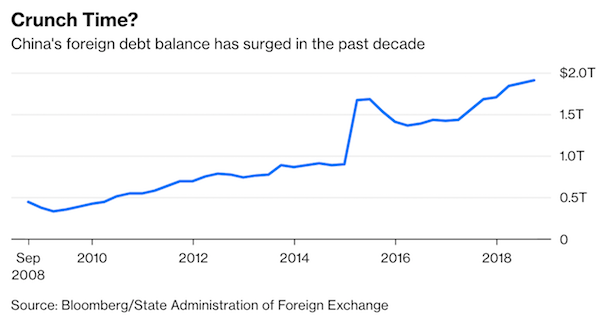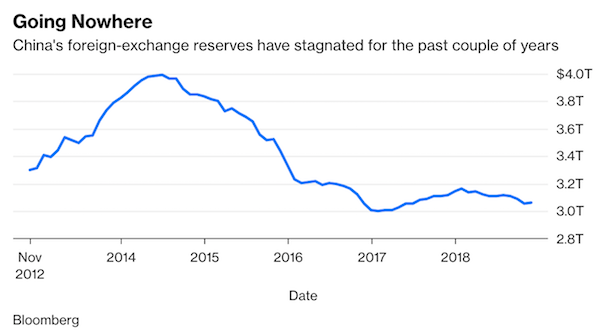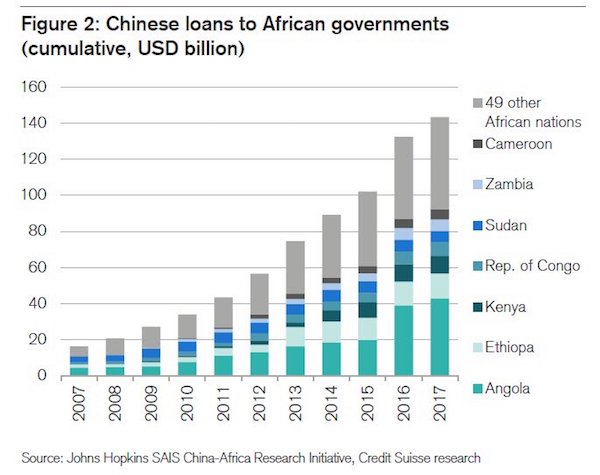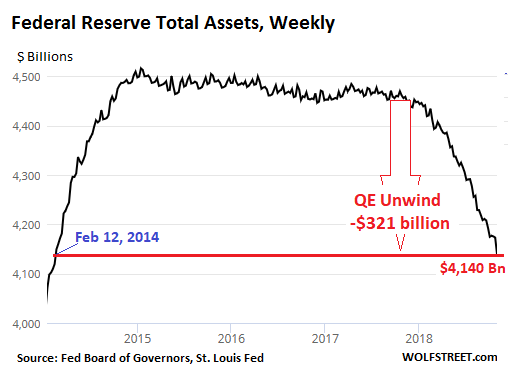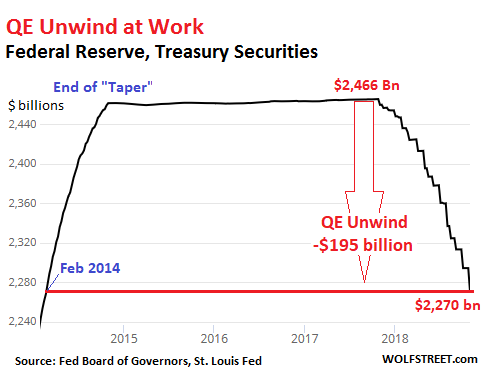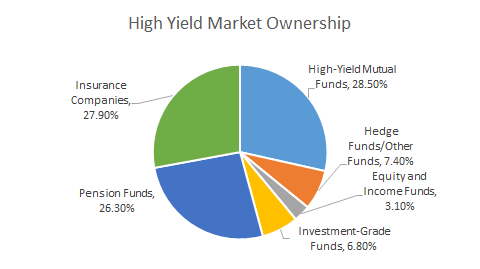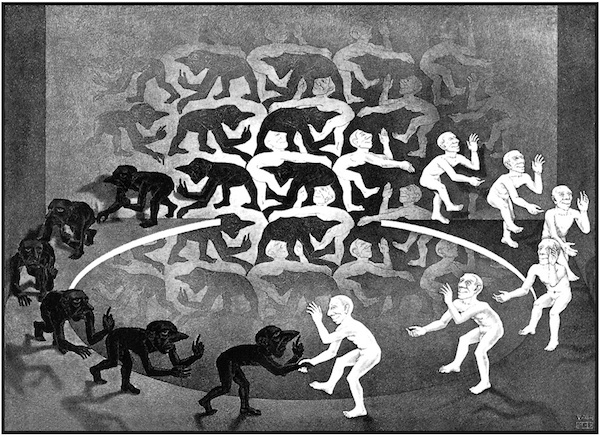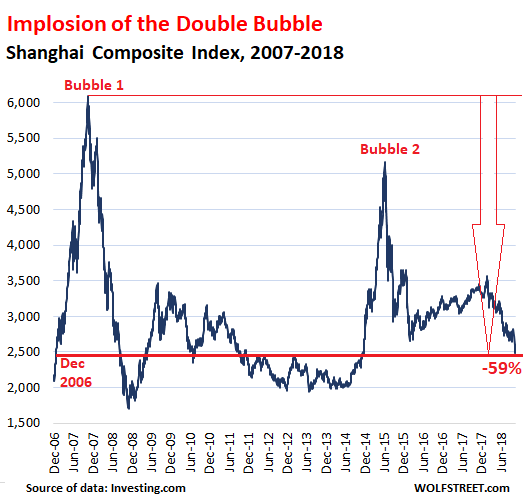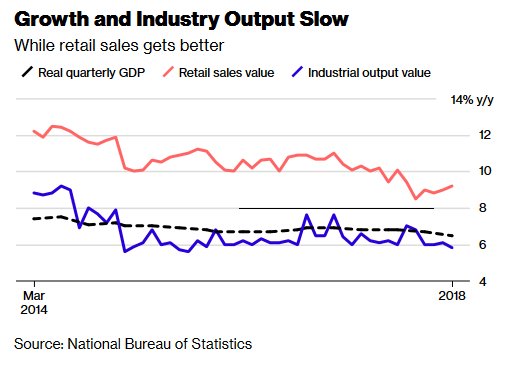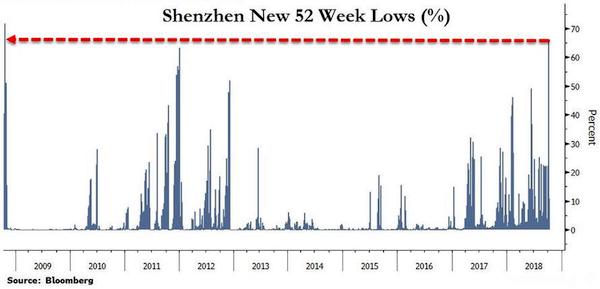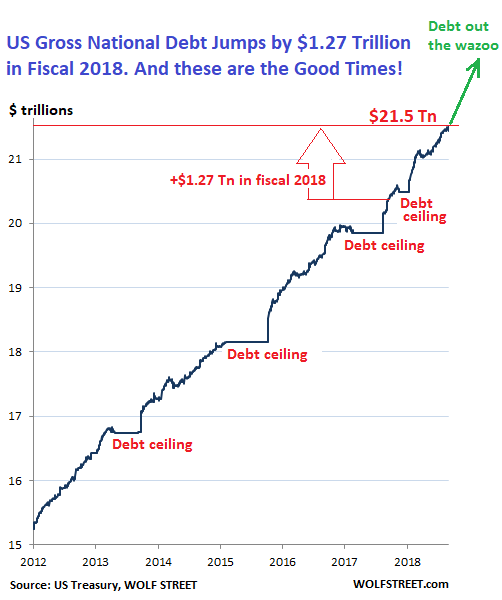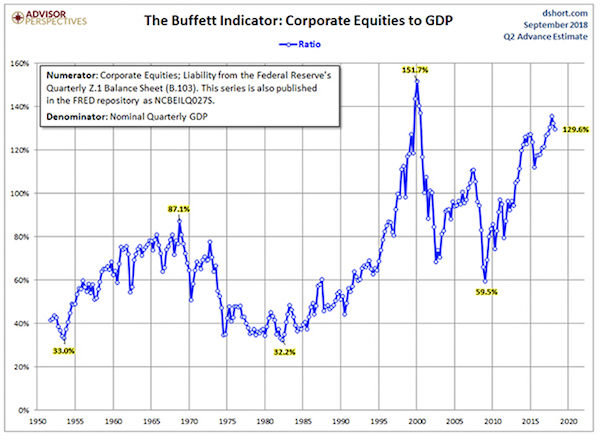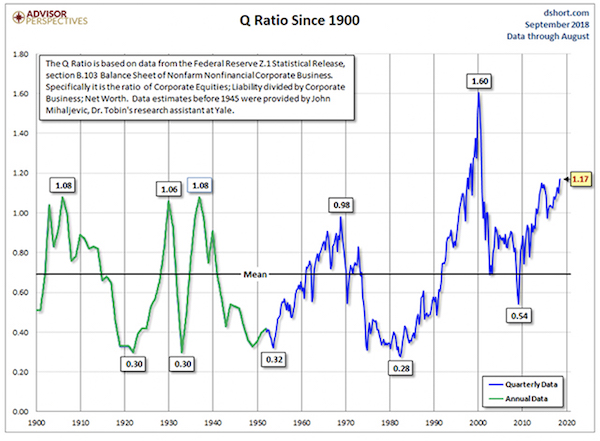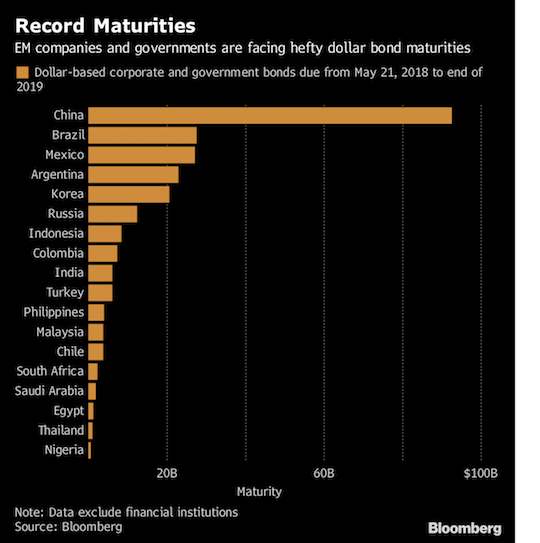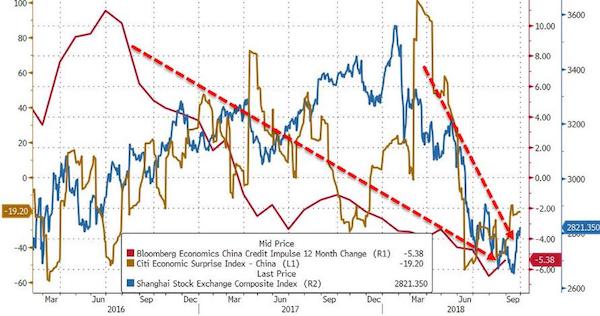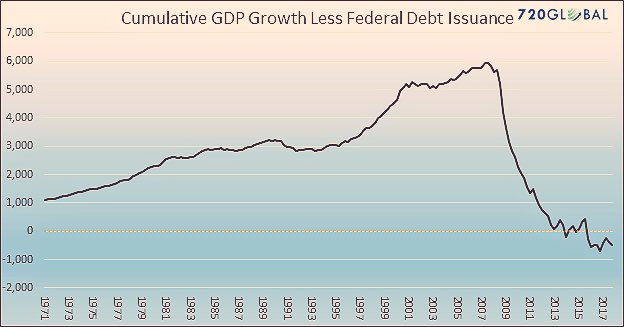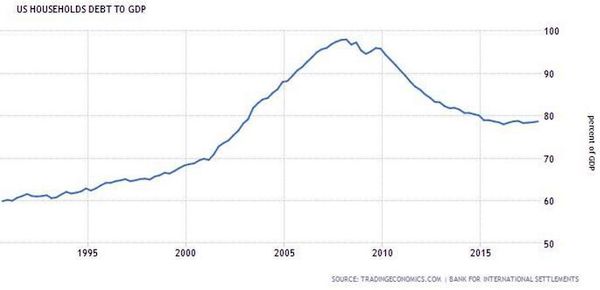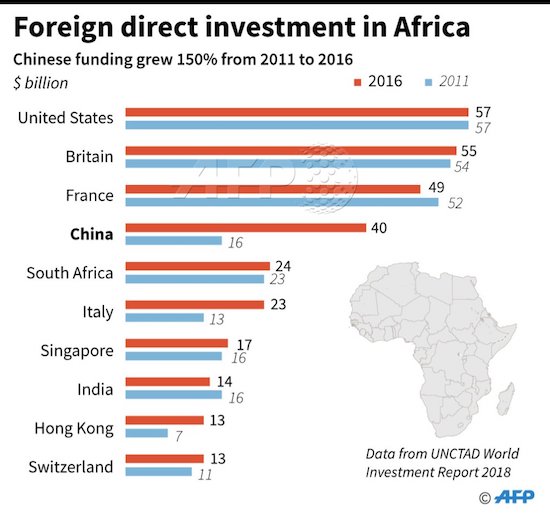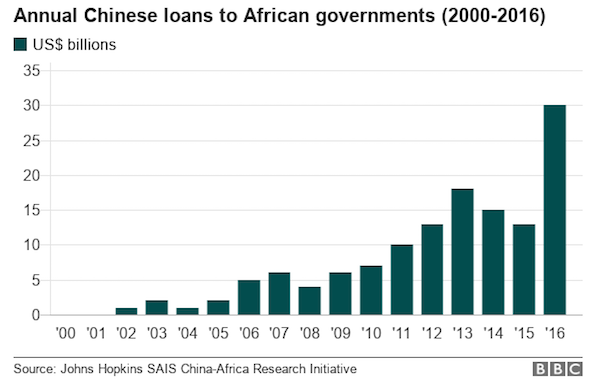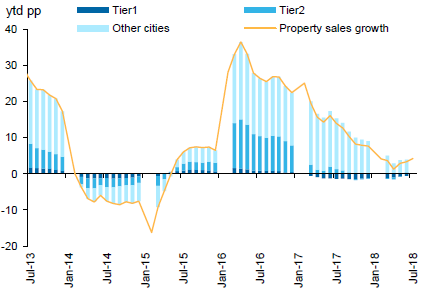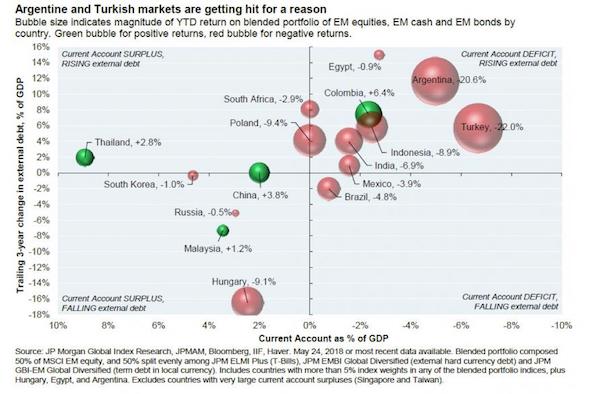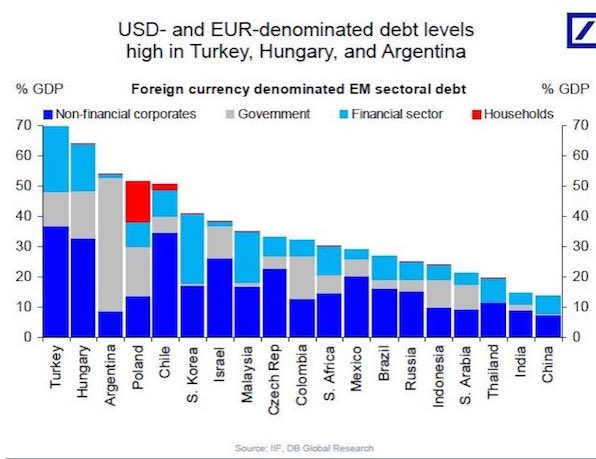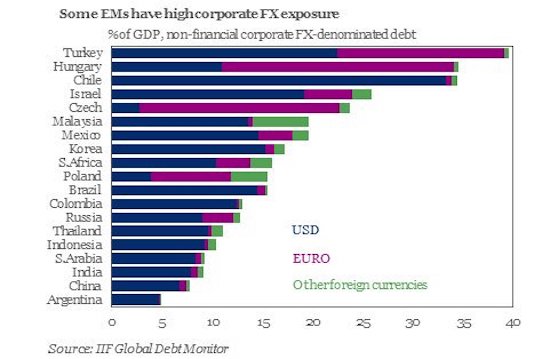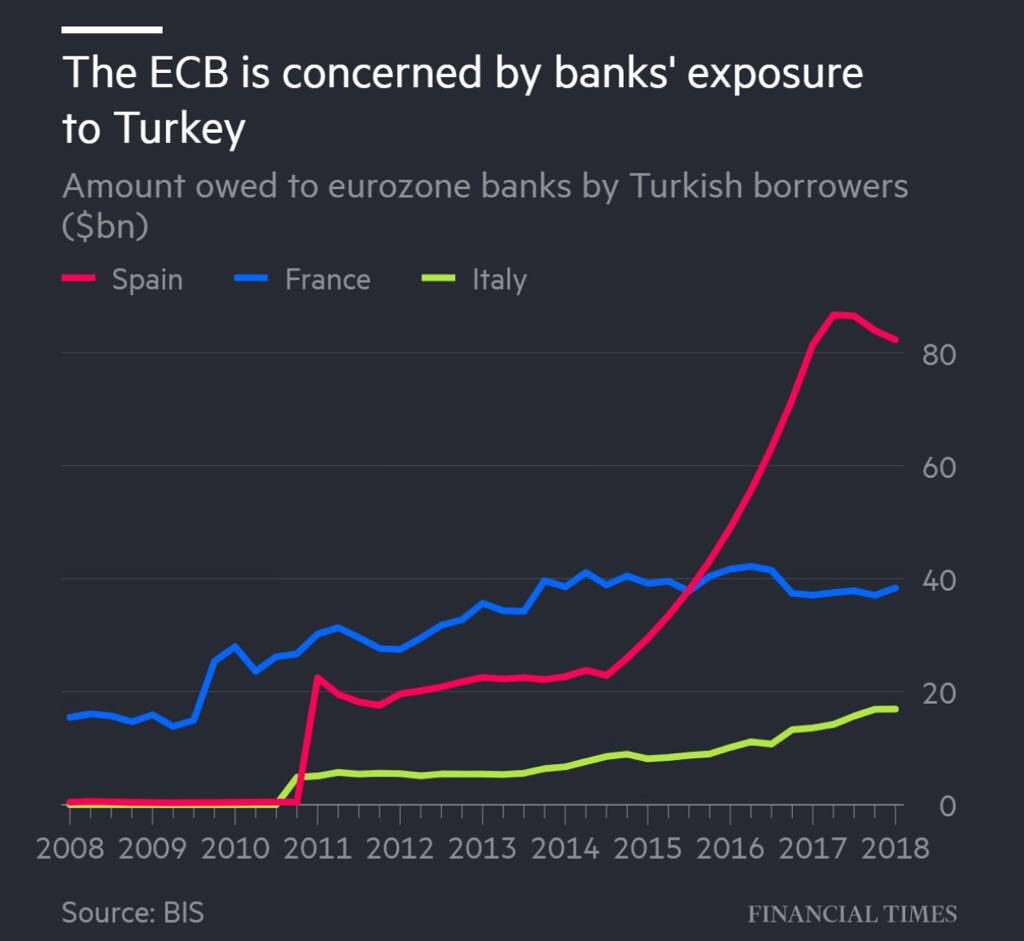
Bugatti Atlantic Coupé 1935

Straight from the horse’s foul-smelling mouth, the Guardian. First judge called Assange a narcissist. This one says he cost taxpayers £16m. Judges in Britain are apparently not required to be objective. Here’s praying he’ll receive better treatment today.
• Julian Assange Legal Team Begin ‘Big Fight’ Over Extradition (G.)
A struggle over the US request for Julian Assange’s extradition will open in court on Thursday morning, a day after the WikiLeaks founder was jailed for just under a year for breaching bail conditions to avoid being extradited to Sweden. Wednesday’s sentence was decried as an “outrage” by Kristinn Hrafnsson, the editor-in-chief of the whistleblowing website, who said the hearing at Westminster magistrates court to oppose Assange’s extradition would be the start of the “big fight” – a process he said would be “a question of life and death for Mr Assange”. A judge largely rejected the mitigating factors put forward by lawyers for Assange – who took refuge in Ecuador’s embassy to London in 2012 to avoid extradition to Sweden over sexual assault allegations, which he has denied – and told the 47-year-old it was difficult to envisage a more serious example of the offence.
“You remained there for nearly seven years, exploiting your privileged position to flout the law and advertise internationally your disdain for the law of this country,” said Judge Deborah Taylor, as she sentenced him at Southwark crown court. “Your actions undoubtedly affected the progress of the Swedish proceedings. Even though you did cooperate initially, it was not for you to decide the nature or extent of your cooperation with the investigations. They could not be effectively progressed, and were discontinued, not least because you remained in the embassy.” Assange, who was arrested last month when Ecuador revoked his political asylum and invited Metropolitan police officers inside the country’s Knightsbridge diplomatic premises, had written a letter in which he expressed regret for his actions but claimed he had been left with no choice.
“I apologise unreservedly to those who consider that I have disrespected them by the way I have pursued my case. This is not what I wanted or intended,” he said in the letter read out by his lawyer, Mark Summers QC. “I found myself struggling with terrifying circumstances for which neither I nor those from whom I sought advice could work out any remedy. I did what I thought at the time was the best and perhaps the only thing that could be done – which I hoped might lead to a legal resolution being reached between Ecuador and Sweden that would protect me from the worst of my fears.”
Assange, wearing a black blazer and shorn of the beard worn when police carried him out of the embassy last month, was told by the judge that his continued residence there had cost £16m of taxpayers’ money “in ensuring that when you did leave, you were brought to justice”. “It is essential to the rule of law that nobody is above or beyond the reach of the law,” said the judge, who said Assange’s written apology was the first recognition that he regretted his actions.

Don’t they say that all the time about twice a year?
• US May Have To Stop Borrowing Later This Year – Treasury (R.)
The U.S. government will have to stop borrowing money between July and December if Washington doesn’t agree to raise a legal restriction on public debt, the Treasury Department said on Wednesday. Hitting that so-called “debt ceiling” could trigger a U.S. default on its debt and an immediate recession, a risk that has become a regular facet of U.S. politics over the last decade. The current debt limit was set in March. Treasury has been able to continue borrowing from investors by using accounting measures such as limiting government payments to public sector retirement funds.
“Treasury expects that the extraordinary measures will be exhausted sometime in the second half of 2019,” Treasury Deputy Assistant Secretary Brian Smith said in a statement announcing the department’s quarterly debt issuance plans. Wall Street also sees Treasury exhausting its borrowing authority in the third or fourth quarter, according to the minutes of a meeting of a Treasury advisory committee of financiers. The debt ceiling is already affecting how the government funds itself. Issuance of Treasury bills – short-term debt – is expected to gradually decline over the second quarter due to debt ceiling constraints, Smith said.

“..while we don’t know yet what the next reserve currency – either fiat, hard or digital – after the US dollar will be, we urge readers to own a whole lot of it.”
• From 2024, All US Debt Issuance Will Be Used To Pay For Interest On Debt (ZH)
As part of today’s Treasury Presentation to the Treasury Borrowing Advisory Committee, there is a chart showing the Office Of Debt Management’s forecast for annual US debt issuance, broken down between its three component uses of funds: Primary Deficit, Net Interest Expense, and “Other.” That chart is troubling because while in 2019 and 2020 surging US interest expense is roughly matched by the other deficit components in the US budget, these gradually taper off by 2024, and in fact in 2025 become a source of budget surplus (we won’t be holding our breath). But what is the real red flag is that starting in 2024, when the primary deficit drops to zero according to the latest projections, all US debt issuance will be used to fund the US net interest expense, which depending on the prevailing interest rate between now and then will be anywhere between $700 billion and $1.2 trillion or more.
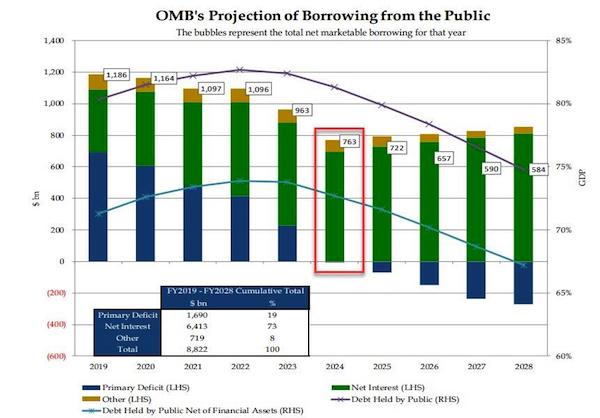
In short: in the stylized cycle of the US “Minsky Moment”, the US will enter the penultimate, Ponzi Finance, phase – the one in which all the new debt issuance is used to fund only interest on the debt – some time around in 2024. From that point on, every incremental increase in interest rates, which will eventually happen simply due to rising inflation expectations, will merely accelerate the ponzi process, whereby even more debt is sold just to fund the rising interest on the debt, requiring even more debt issuance, and so on, until finally the “Minsky Moment” arrives. At that point, while we don’t know yet what the next reserve currency – either fiat, hard or digital – after the US dollar will be, we urge readers to own a whole lot of it.
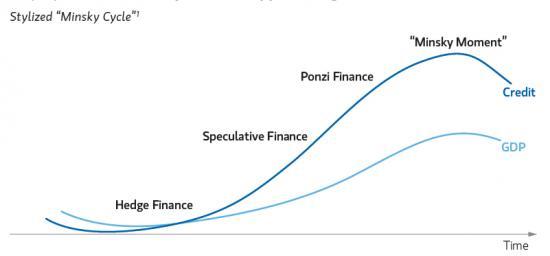

Get rid of the Fed or you will have no economy left. You already don’t have markets anymore, because the Fed became the market, and with the markets the economy will vanish too.
• Fed Sees No Strong Case For Hiking Or Cutting Rates (R.)
The U.S. Federal Reserve on Wednesday held interest rates steady and signaled little appetite to adjust them any time soon, taking heart in continued job gains and economic growth and the likelihood that weak inflation will edge higher. “We think our policy stance is appropriate at the moment; we don’t see a strong case for moving it in either direction,” Fed Chairman Jerome Powell said in a press conference following the end of the central bank’s latest two-day policy meeting. Overall, he said, “I see us on a good path for this year.” Fed policymakers said ongoing economic growth, a strong labor market and an eventual rise in inflation were still “the most likely outcomes” as the U.S. expansion nears its 10-year mark.
“The labor market remains strong … economic activity rose at a solid rate” in recent weeks, the Fed said in a policy statement a day after President Donald Trump called on it to cut rates by a full percentage point and take other steps to stimulate the economy. The policy statement, and particularly Powell’s insistence the Fed saw no compelling reason to consider a rate cut in response to weak inflation, prompted a modest selloff in stock markets and pushed bond yields higher. The S&P 500 index fell 0.75 percent, its largest daily decline since mid-March. Interest rate futures also reversed direction, signaling a lower degree of confidence the next Fed move would be a rate cut, exactly the point Powell was driving at in a “stay-the-course” message, said analysts at Cornerstone Macro.

“Juan Guaido has been groomed for 15 years as a long-term CIA project.”
• Venezuela and Binary Choice (Murray)
When a CIA-backed military coup is attempted by a long term CIA puppet, roared on by John Bolton and backed with the offer of Blackwater mercenaries, in the country with the world’s largest oil reserves, I have no difficulty whatsoever in knowing which side I am on. Juan Guaido has been groomed for 15 years as a long-term CIA project. His coup attempt yesterday, which so far appears to have stalled, was the culmination of these efforts to return Venezuela’s oil reserves to US hegemony.
It is strange how the urgent installation of liberal democracy by force correlates so often with oil reserves not aligned to the USA, as in Libya, Iraq or Venezuela, while countries with massive oil reserves which permit US military domination and align with the West and Israel can be as undemocratic as they wish, eg Saudi Arabia. Venezuela is an imperfect democracy but it is far, far more of a democracy than Saudi Arabia and with a much better human rights record. The hypocrisy of Western media and politicians is breathtaking.
Hypocrisy and irony are soulmates, and there are multiple levels of irony in seeing the “liberal” commentators who were cheering on an undisguised military coup, then complaining loudly that people are being injured or killed now their side is losing. Yesterday the MSM had no difficulty in calling the attempted coup what anybody with eyes and ears could see it plainly was, an attempted military coup. Today, miraculously, the MSM line is no coup attempt happened at all, it was just a spontaneous unarmed protest, and it is the evil government of Venezuela which attempts to portray it as a coup. BBC Breakfast this morning had the headline “President Maduro has accused the opposition of mounting a coup attempt”… Yet there is no doubt at all that, as a matter of plain fact, that is what happened.
Isn't it interesting how the US and European corporate media keep conveniently forgetting to show these absolutely GIGANTIC pro-government Chavista marches in Venezuela?
I'm sure it's only a coincidence. Just ignore the long, long pattern of dishonesty.pic.twitter.com/RaJyD88s1P
— Ben Norton (@BenjaminNorton) May 2, 2019

We’re going to have a civil war. But it won’t be civil.
• Nellie Ohr’s ‘Hi Honey’ Emails On Russia Collusion Should Alarm Us All (Hill)
First came the text messages between FBI lovebirds Peter Strzok and Lisa Page, which gave us a painful glimpse at potential political bias inside America’s most famous crime-fighting bureau. Now, a series of “Hi Honey” emails from Nellie Ohr to her high-ranking federal prosecutor husband and his colleagues raise the prospect that Hillary Clinton-funded opposition research was being funneled into the Justice Department during the 2016 election through a back-door marital channel. It’s a tale that raises questions of both conflict of interest and possible false testimony.
Ohr has admitted to Congress that, during the 2016 presidential election, she worked for Fusion GPS — the firm hired by Democratic nominee Clinton and the Democratic National Committee to perform political opposition research — on a project specifically trying to connect Donald Trump and his campaign chairman, Paul Manafort, to Russian organized crime. Now, 339 pages of emails from her private account to Department of Justice (DOJ) email accounts, have been released under a Freedom of Information Act request by the conservative legal group Judicial Watch. And they are raising concerns among Republicans in Congress, who filed a criminal referral with the Justice Department on Wednesday night.
They clearly show that Ohr sent reams of open-source intelligence to her husband, Associate Deputy Attorney General Bruce Ohr, and on some occasions to at least three DOJ prosecutors: Lisa Holtyn, Ivana Nizich and Joseph Wheatley. The contents tracked corruption developments in Russia and Ukraine, including intelligence affecting Russian figures she told Congress she had tried to connect to Trump or Manafort. “Hi Honey, if you ever get a moment you might find the penultimate article interesting — especially the summary in the final paragraph,” Nellie Ohr emailed her husband on July 6, 2016, in one typical communication. The article and paragraph she flagged suggested that Trump was a Putin stooge: “If Putin wanted to concoct the ideal candidate to service his purposes, his laboratory creation would look like Donald Trump.” Nellie Ohr bolded that key sentence for apparent emphasis.

Still don’t get why they insist on lawyers asking their questions for them.
• Barr Cancels Second Day Of Testimony, Escalating Battle With US Congress (R.)
Attorney General William Barr on Wednesday canceled plans to testify before the House of Representatives about his handling of Special Counsel Robert Mueller’s Russia investigation, further inflaming tensions between U.S. President Donald Trump and Democrats in Congress. Barr was due to face the Democratic-controlled House Judiciary Committee on Thursday, but pulled out after the two sides were unable to agree on the format for the hearing. “It’s simply part of the administration’s complete stonewalling of Congress,” Judiciary Committee Chairman Jerrold Nadler told reporters. Justice Department spokeswoman Kerri Kupec said Nadler’s proposal to have committee lawyers question Barr was “unprecedented and unnecessary,” saying questions should come from lawmakers.
The Justice Department also said on Wednesday it would not comply with a Nadler-issued subpoena seeking an unredacted version of Mueller’s report and underlying investigative files from the probe. Earlier on Wednesday, Barr spent more than four hours before the Republican-controlled Senate Judiciary Committee where he fended off Democratic criticism of his decision to clear Trump of criminal obstruction of justice and faulted Special Counsel Robert Mueller for not reaching a conclusion of his own on the issue.

The Wall Street Journal takes a very strong stand.
• WSJ: Dems Vilifying Barr For ‘Acting Like A Real Attorney General’ (Hill)
The Wall Street Journal editorial board on Wednesday excoriated Democrats for making Attorney General William Barr out to be a “villain,” defending Barr as merely “acting like a real Attorney General.” “Washington pile-ons are never pretty, but this week’s political setup of Attorney General William Barr is disreputable even by Beltway standards,” the board wrote in an op-ed published just hours after Barr testified before the Senate Judiciary Committee. The editorial, which was shared by President Trump on Twitter, slammed Democrats’ criticism of Barr’s handling of special counsel Robert Mueller’s report on Russian election interference and possible obstruction of justice by Trump.
The board also took issue with Mueller, saying that the letter he wrote to Barr expressing concerns with how the attorney general summarized his investigation amounted to “posterior covering.” “Democrats leapt on the letter as proof that Mr. Barr was somehow covering for Donald Trump when he has covered up nothing,” the board wrote, arguing that Barr’s four-page memo adequately summarized the chief findings of Mueller’s investigation. The board wrote that the “trashing of Barr shows how frustrated and angry Democrats continue to be that the special counsel came up empty in his Russia collusion probe.”

“Single sources of data are considered acceptable in such cases by our industry..” As I explained when this came out, you need three sources. One is crazy, two is too dangerous.
• 737 Max Sensor Had Been Flagged Over 200 Times To FAA (CNN)
The device linked to the Boeing 737 Max software that has been scrutinized after two deadly crashes was previously flagged in more than 200 incident reports submitted to the Federal Aviation Administration, but Boeing did not flight test a scenario in which it malfunctioned, CNN has learned. The angle-of-attack (AOA) sensor, as it’s known, sends data to a 737 Max software system that pushes the nose of the aircraft down if it senses an imminent stall. That software, triggered by erroneous data from AOA sensors, is believed to have played a role in crashes of Lion Air and Ethiopian Airlines jets. Former Boeing engineers and aviation analysts interviewed by CNN have criticized Boeing’s original software design for relying on data from a single AOA sensor, claiming that those devices are vulnerable to defects.
FAA data analyzed by CNN supports that assessment. The FAA has received at least 216 reports of AOA sensors failing or having to be repaired, replaced or adjusted since 2004, according to data from the FAA’s Service Difficulty Reporting website. [..] In one 2011 case, the flight crew on a Boeing 737-800 reported that the “angle of attack and airspeed failed” and declared an emergency. An AOA sensor was then replaced. The FAA also issued two directives for various Boeing aircraft models before the 737 MAX was released, indicating that Boeing was aware of the potential for the sensors to cause problems in its planes. A 2013 directive mandated inspections of certain AOA sensors to prevent possible problems that included “obstacles after takeoff, or reduced controllability of the airplane.”
Another FAA directive published in 2016 warned that AOA sensors on Boeing MD-90-30 airplanes needed to be modified and tested to address “the unsafe condition on these products.” While those directives did not involve the 737 Max, Peter Goelz, a former managing director of the National Transportation Safety Board (NTSB) and a CNN aviation analyst, said AOA sensors fundamentally work the same on different aircraft models. “This is a fairly simple external device that can get damaged on a regular basis,” Goelz said. “That’s important because Boeing made the decision to rely on them as single sources for streams of data.”
In a statement to CNN, a Boeing spokesperson said the 737 Max and its stall-prevention system, called MCAS, were certified in accordance with all FAA requirements, and that Boeing’s analysis for the plane determined that in the event of erroneous inputs from an AOA sensor, pilots would be able to maintain control of the plane by following established procedures. “Single sources of data are considered acceptable in such cases by our industry,” the Boeing spokesperson said.

Unbelievable. Might as well end the EPA too. There is only one way to deal with GMO and the poisons that keep them alive: precautionary principle.
• US Environment Agency Says Glyphosate Is Not A Carcinogen (R.)
The U.S. Environmental Protection Agency (EPA) said on Tuesday that glyphosate, a chemical in many popular weed killers, is not a carcinogen, contradicting decisions by U.S. juries that found it caused cancer in people. The EPA’s announcement reaffirms its earlier findings about the safety of glyphosate, the key ingredient in Bayer’s Roundup. The company faces thousands of lawsuits from Roundup users who allege it caused their cancer. “EPA continues to find that there are no risks to public health when glyphosate is used in accordance with its current label and that glyphosate is not a carcinogen,” the agency said in a statement.
Farmers spray glyphosate, the most widely used herbicide in U.S. agriculture, on fields of soybeans and other crops. Roundup is also used on lawns, golf courses and elsewhere. The EPA did previously find ecological risks from the chemical and has proposed new measures to protect the environment from glyphosate use by farmers and to reduce the problem of weeds becoming resistant to it. Bayer said it was pleased the EPA and other regulators who have assessed the science on glyphosate for more than 40 years continue to conclude it is not carcinogenic. “Bayer firmly believes that the science supports the safety of glyphosate-based herbicides,” it said in a statement. The company has repeatedly denied allegations that glyphosate and Roundup cause cancer.








